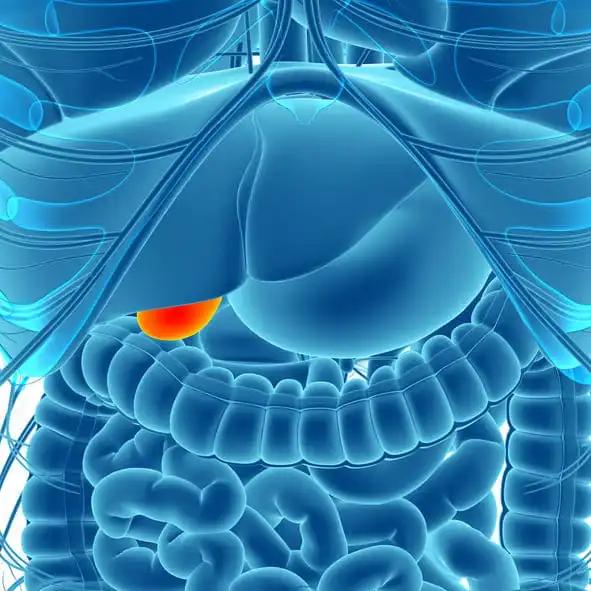KEY TAKEAWAYS
- The study aimed to offer a detailed summary of relapse patterns, risk factors, functional outcomes, and follow-up protocols.
- The study concluded that prospective trials should evaluate personalized follow-up protocols to improve outcomes in bladder cancer.
Trimodal therapy, a combination of surgery, chemotherapy, and radiation, is a key treatment modality for muscle-invasive bladder cancer. Effective follow-up strategies are crucial after trimodal treatment to detect and manage potential relapse and any side effects.
Ernest Kaufmann and the team aimed to summarize the patterns and risk factors of relapse, functional outcomes, and follow-up protocols after trimodal treatment for muscle-invasive bladder cancer.
A systematic literature search was conducted using PubMed. Current guidelines and institutional protocols for follow-up after trimodal therapy were also reviewed.
About 43 studies (28 retrospective and 15 prospective), comprising 7,447 patients, were included in the analysis, from an initial pool of 200 publications. The recurrence rates within the urinary bladder ranged from 14% to 52%.
Of these, muscle-invasive recurrences accounted for 3% to 16%, while non-muscle-invasive recurrences represented 11% to 36% of the total. Nodal recurrence was observed in 13% to 16% of the patients, and distant metastases were seen in 15% to 35% of the patients.
Long-term follow-up data revealed that approximately 60% to 85% of patients maintained their bladder function at 5 years, decreasing to 45% to 75% at 10 years. Several prognostic risk factors were identified, including higher disease stage (greater than c/pT2), the presence of extensive/multifocal carcinoma in situ (CIS), hydronephrosis, multifocality, certain histological subtypes, incomplete transurethral resection of the bladder tumor (TURBT), and incomplete response to radio-chemotherapy.
The review highlighted some variation among the analyzed follow-up guidelines regarding the number, timing, and types of investigations recommended, but overall, the recommendations were similar.
The study concluded that randomized prospective studies should be prioritized to thoroughly evaluate the impact of different follow-up protocols on both oncological and functional outcomes in patients who have undergone trimodal treatment for muscle-invasive bladder cancer.
There is a clear need to evaluate the personalisation of follow-up protocols based on the established risk factors. This approach has the potential to optimise patient outcomes and resource allocation.
Open-access funding is provided by the University of Luzern. No other funding was received.
Source: https://pubmed.ncbi.nlm.nih.gov/39297968/
Kaufmann E, Aeppli S, Arnold W, et al. (2024). “Follow-up strategies after trimodal treatment for muscle-invasive bladder cancer: a systematic review.” World J Urol. 2024;42(1):527. Published 2024 Sep 19. doi:10.1007/s00345-024-05196-7



